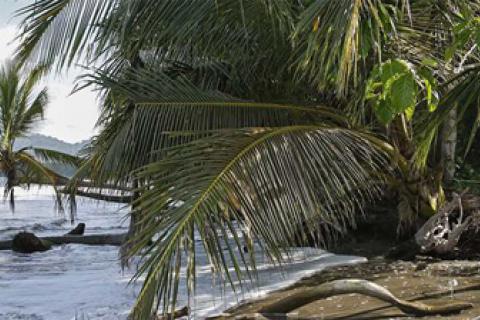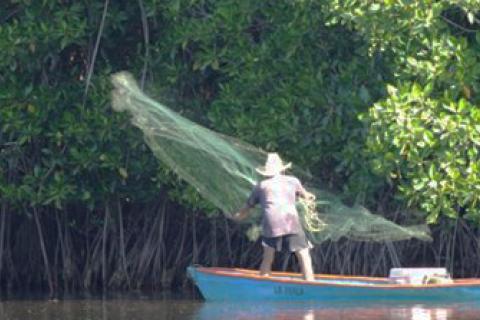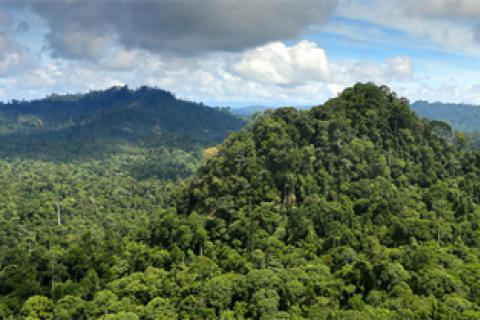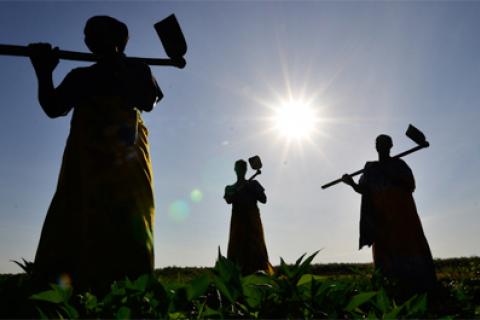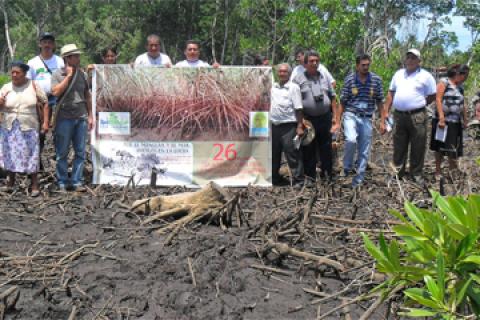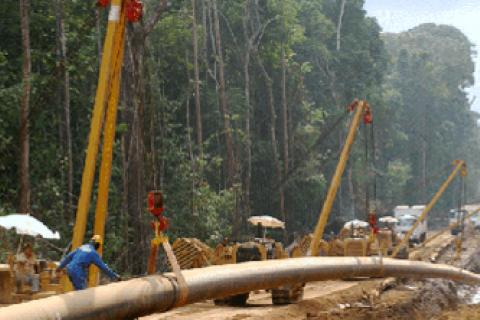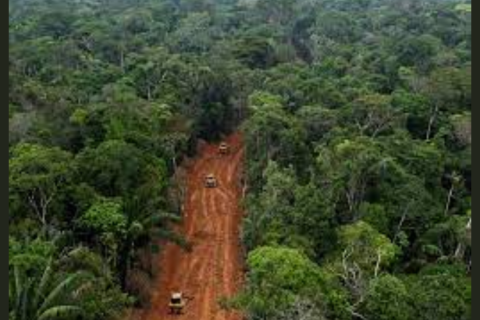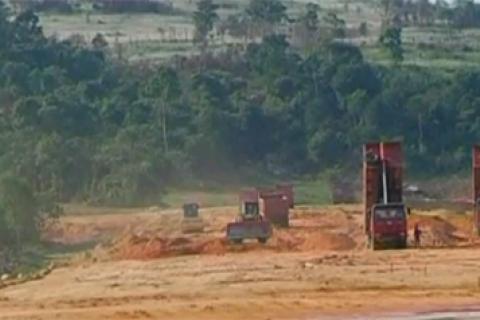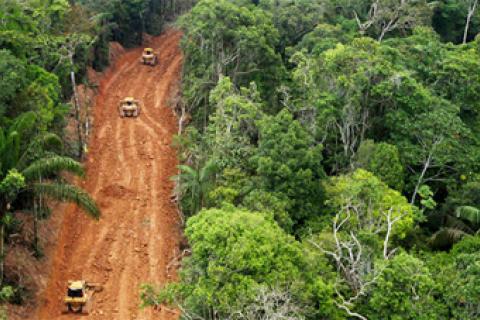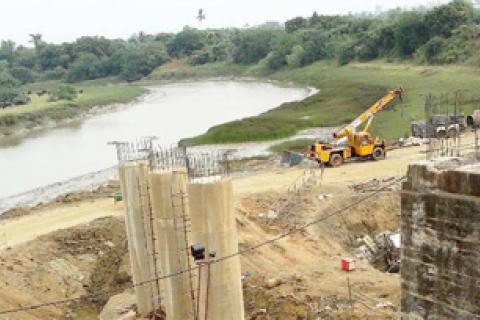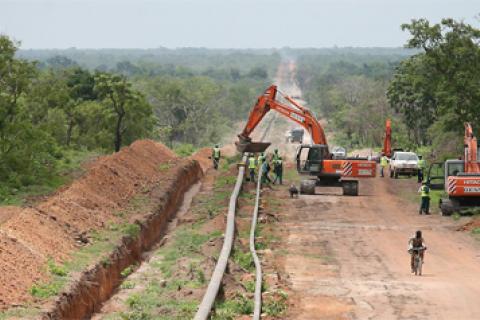Bulletin articles
In March this year, the Intergovernmental Panel on Climate Change (IPCC), an international scientific body tasked with the responsibility of assessing climate change, released its 5th assessment report, mainly focusing on ‘impacts, adaptation and vulnerability’, with a full chapter dedicated to global food security and production systems (1).
(*) “Marine and coastal territories” is used here to refer to territories that include mangrove forests and their area of influence, seagrass meadows and intertidal saltmarshes. The communities that depend on mangrove forests and other coastal ecosystems for survival live in and around these territories.
1.- What is a “Blue Carbon” project?
Cambodia’s biggest national park, Botum Sakor, will now host a 340-km2-infrastructure project led by the real-estate company from northern China, Tianjin Union Development Group. Biodiverse forests will be transformed into a city-sized gambling resort for "extravagant feasting and revelry", and local villagers are already being forced away from their homes.
The Asian Development Bank (ADB) is pivotal for creating demand and the conditions for widespread privatization in virtually every sector in the Asia Pacific region, from transportation, energy and urban development to agriculture, water and finance. Based on an infrastructure-led ‘growth’, the corporate sector is aggressively pushed in ADB supported projects through public-private partnerships (PPPs), loans, co-financing and another series of financial instruments.
Background
Much has been written about the plunder of biodiversity and other natural resources from Africa, in particular where negative social, economic and environmental impacts have resulted; as with indiscriminate clear-cut logging of forests, ruthless mineral extraction, and the conversion of community land into industrial plantations. But despite substantial political change over the past 100 years, Africa’s unequal economic relationship with the global North remains.
